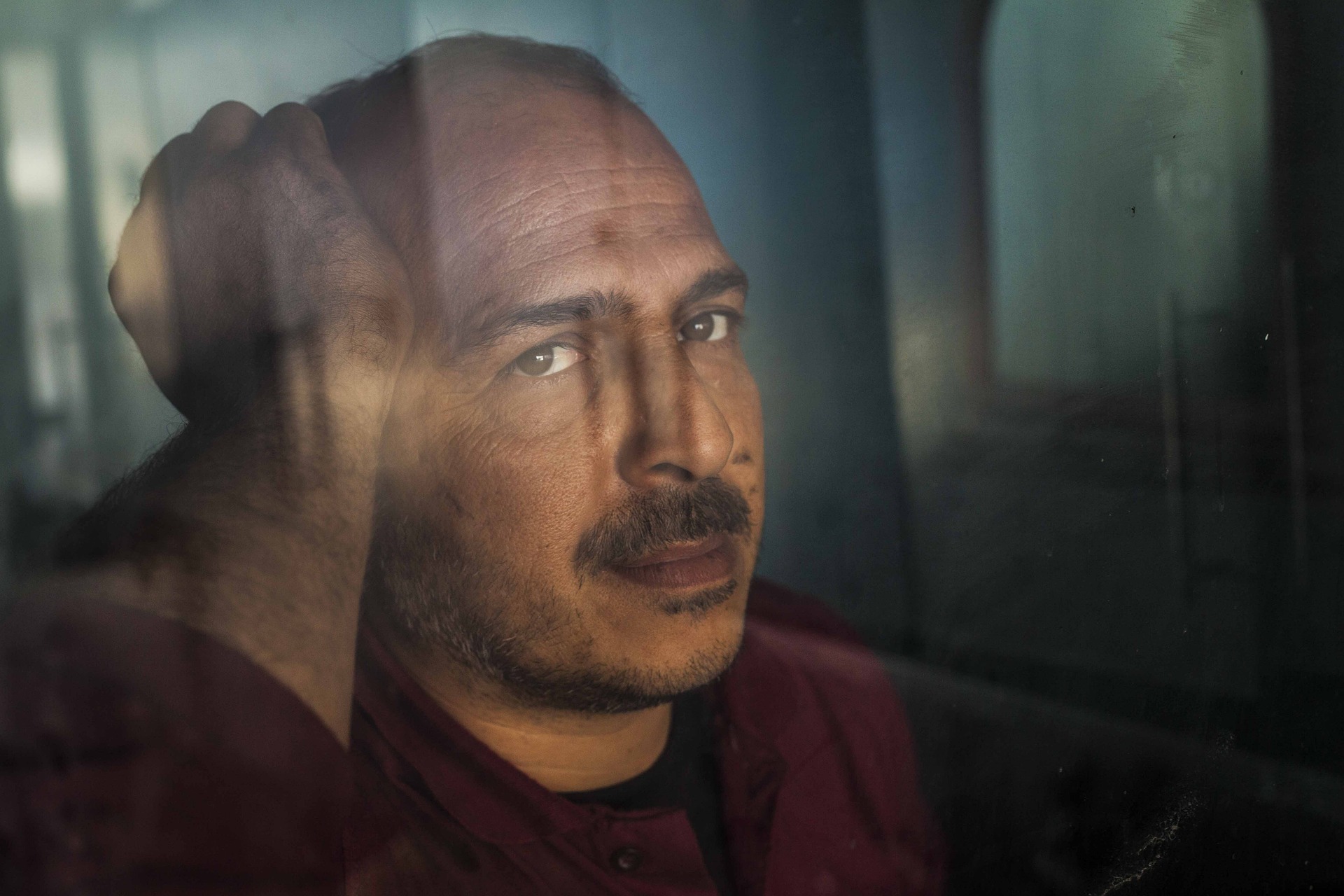For some reason, humanity continues to search for an unrealistic and impossible to achieve utopia where everyone is always happy, where bad things never happen, and where we live a “perfect” life. But imagine what the world would be like if those dreams were realized.

Did June seem particularly frantic to you? Everyone was so, so busy, the days absolutely dissolved into a race to get the garden planted, the need to get some work done, and a list of personal to-dos to be addressed...I feel like I really need some calm and quiet in my life … but there I go, saying “feel” instead of “think” or “believe” or “see”.
I was thinking about feelings the other day as I listened to a news program on the radio. The broadcaster was constantly using the word “feel” and it occurred to me that this is the response most interviewers demand of everyone they interview. They don’t ask, What do you think? What happened? What do you know? Why did it happen?
Instead, you get, “How does it feel to watch the Edmonton Oilers lose the game?” How did you feel about having to leave your home to escape the forest fire?” How did you feel about losing your leg in the accident?” Makes you want to choke.
Not that this excuse-for-newsgathering is new. I remember back in the dark ages when I won an award – I think it was business citizen of the year – and CBC’s Leslie Hughes asked me how it “felt” to win the award. I “felt” the question was completely idiotic and was unable to give a coherent answer. (I felt surprised.) Her follow up question was even more off putting. She wanted to know why I “felt” they had awarded it to me. What are you supposed to say? I said I had no idea. (Not really what she was after.)
Still, the focus on “feelings” has become a preoccupation for many, many people today. I don’t know why. After all, feelings are spontaneous and often predictable, and they usually have very little to do with issue under scrutiny. Why does it matter how you felt when your house was lost to a forest fire? Wouldn’t better questions be, where did you go, how did you get away, what will you do now?
This concern about feelings extends to how children are raised today. It seems to me that the overconcentration on how the child “feels” about things is damaging to their emotional growth and their ability to cope in future life. Of course we don’t want our child to feel hurt, but some hurt feelings are healthy and necessary in learning how to cope with the disappointments that we will all encounter in life.
For some reason, humanity continues to search for an unrealistic and impossible to achieve utopia where everyone is always happy, where bad things never happen, and where we live a “perfect” life. But imagine what the world would be like if those dreams were realized.
In this world, everyone would be equal and eternally happy. There would be no strife, no hurt feelings, no disagreement, no need to do anything but explore one’s idea of pleasure. Ira Levant wrote about this 55 years ago when he penned the dystopian novel, This Perfect Day:
“Uniformity is the defining feature; there is only one language and all ethnic groups have been eugenically merged into one race called “The Family”. The world is ruled by a central computer called UniComp that has been programmed to keep every single human on the surface of the earth happy. People are continually drugged by means of regular injections so that they can never realize their potential as human beings but will remain satisfied and cooperative. They are told where to live, when to eat, whom to marry, when to reproduce, even the basic facts of nature are subject to the UniComp's will – men do not grow facial hair, women do not develop breasts, and it only rains at night.”
Sounds a bit familiar, doesn’t it? But this is a world built on “feelings” instead of reason, logic and realizing that adversity makes us stronger, happiness can only be achieved when you experience unhappiness, and that people are not equal, but instead are wonderfully diverse.
I empathize with your feelings, good or bad, but I also respect your right to have them and to not use them to dictate how I run my life or what I think. If we disagree, let’s do it with respect and understanding that there are many factors and influences dictating our opinions beyond how we “feel” about them.
With that off my chest, let’s get back to the beginning of two months of blissful summer where we northerners can bathe in the sunlight and listen to nature tell us how life should be: filled with hard work, striving for survival, but joy in accomplishment, in loving others and in pausing occasionally to be happy just being us. Feels good, eh?


